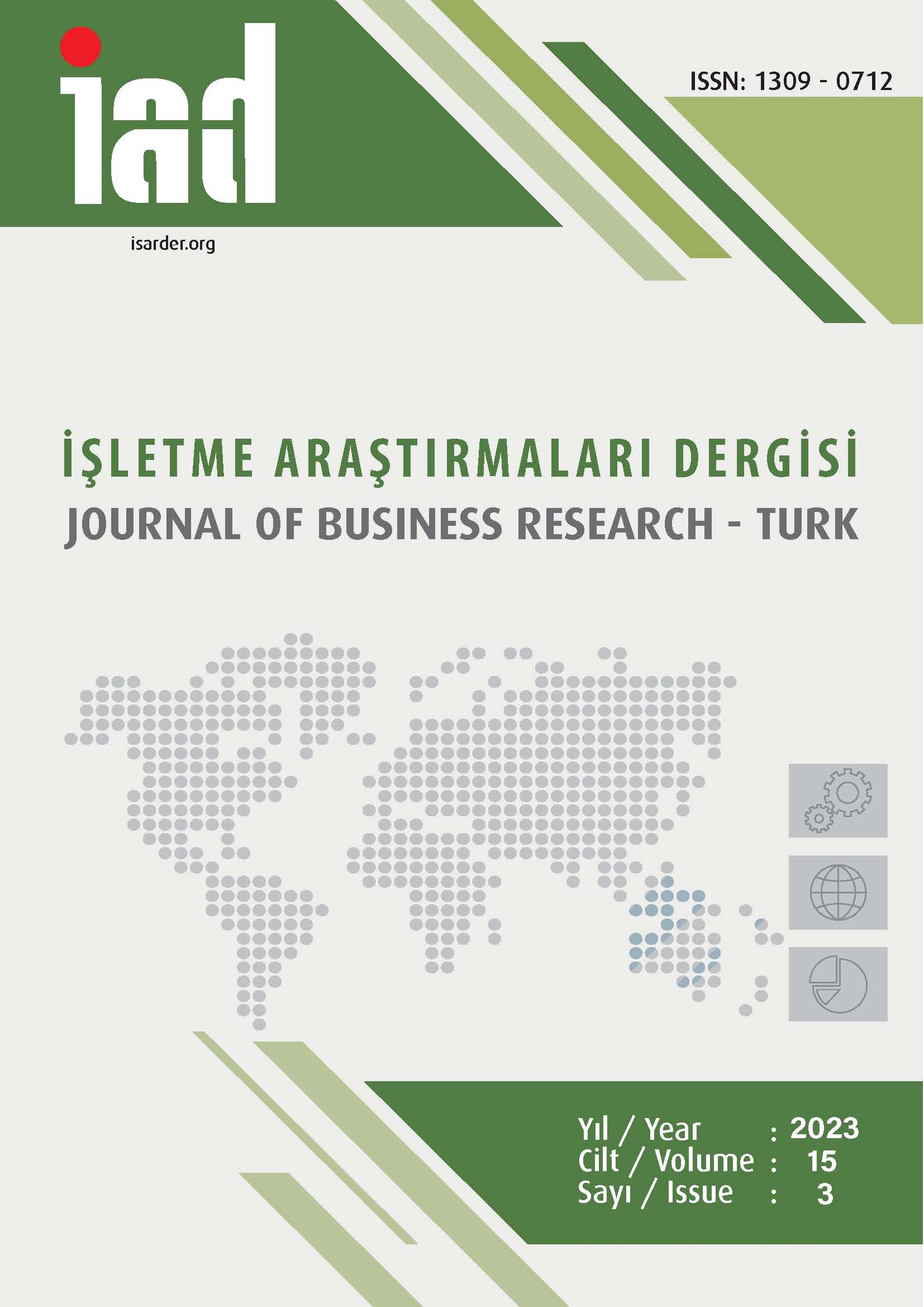The Relationship of Political Stability and Economic Growth in European Union Countries
Keywords:
Economic Growth, Political StabilityAbstract
Purpose – In this study, it is aimed to examine the relationship between political stability and economic growth in the European Union countries, which were established to create economic and political unity. Within the scope of the study, the relationship between the variables for all countries was examined, and it was also aimed to determine the relationship as a panel. Design/methodology/approach – In the study, the effect of political stability on economic growth in 24 European Union countries with common data is examined by using annual data between 2002-2019 with the model based on the Cobb-Douglas production function. The data used in the study were obtained from the World Bank and KOF Swiss Institute of Economics data bank. In the analysis, the stationarity of the series was tested with the LLC, IPS and Bretiung panel unit root tests, which are frequently used in the literature. After the stationarity was determined, the cointegration relationship between the series was investigated with the Pedroni and Kao cointegration tests. The direction and coefficients of the cointegration relationship between the series were tested with the FMOLS coefficient estimator. In the study, the causality relationship between the variables was analyzed with the Dumitrescu-Hurlin causality test. Findings – The findings obtained as a result of the analyzes show that capital, labor and political globalization have a positive effect on economic growth and political stability has a negative effect on economic growth in 24 EU member countries. In addition, separate results for 24 EU countries were also obtained in the study. When the relationship between political stability and economic growth is evaluated, it is concluded that political stability has a statistically significant and positive effect on economic growth in Austria, Bulgaria, Croatia, Czech Republic, Finland and Slovakia. When the causality results between the variables used in the study were examined, it was determined that there was a one-way causality relationship from political stability to economic growth. Within the scope of these results, it is considered important for countries to minimize future uncertainties. Discussion – As a result of the study, the relationship between economic growth and political stability is accepted for 24 EU member countries. In these countries, transparent and unambiguous practices should be implemented in order to eliminate the social violence and terror perception of policy practitioners and, accordingly, political instability. The predictability of the functioning of institutions and organizations and the evaluation of social demands and demands will be beneficial in preventing the chaos that may occur in the country and increasing the investments to be made in a stable manner.
Downloads
Published
Versions
- 2025-08-10 (2)
- 2023-10-03 (1)
How to Cite
Issue
Section
License

This work is licensed under a Creative Commons Attribution-NoDerivatives 4.0 International License.





